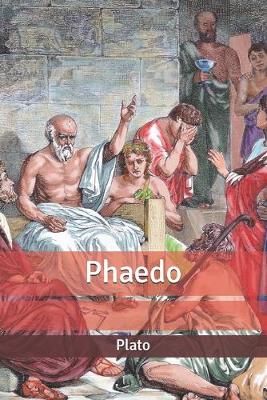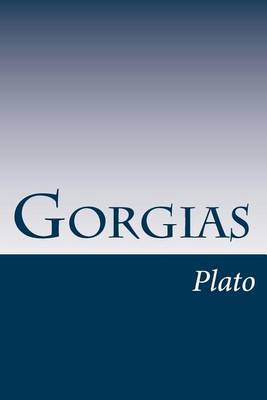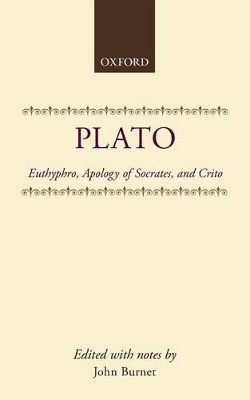Clarendon Paperbacks
3 total works
The Phaedo is acknowledged to be one of Plato's greatest masterpieces, showing him both as a philosopher and as a dramatist at the height of his powers. For its moving account of the execution of Socrates, the Phaedo ranks among the supreme literary achievements of antiquity. It is also a seminal document for many ideas deeply ingrained in western culture, and provides one of the best introductions to Plato's thought. This new edition is a revised version of the Clarendon Press translation, and is eminently suitable for readers new to Plato, and ideal for classroom use, thanks to the provision of Stephanus page and letter numbering. This book is intended for general readers with an interest in classical culture, philosophy, religion, and drama. Teachers of philosophy and classical literature and civilization and students at 6th form, undergraduate, and postgraduate level. Other courses: Great Books, History of Ideas, Ancient Greek Philosophy. Translated and edited by: Gallop, David (Trent University, Ontario);
The Gorgias is a vivid introduction to central problems of moral and political philosophy. In answer to an eloquent attack on morality as conspiration of the weak against the strong, Plato develops his own doctrine, insisting that the benefits of being moral always outweigh any benefits to be won from immorality. He applies his views to such questions as the errors of democracy, the role of the political expert in society, and the justification of
punishment.
In the notes to this translation, Professor Irwin discusses the historical and social context of the dialogue, expounds and criticizes the arguments, and tries above all to suggest the questions a modern reader ought to raise about Plato's doctrines.
punishment.
In the notes to this translation, Professor Irwin discusses the historical and social context of the dialogue, expounds and criticizes the arguments, and tries above all to suggest the questions a modern reader ought to raise about Plato's doctrines.


